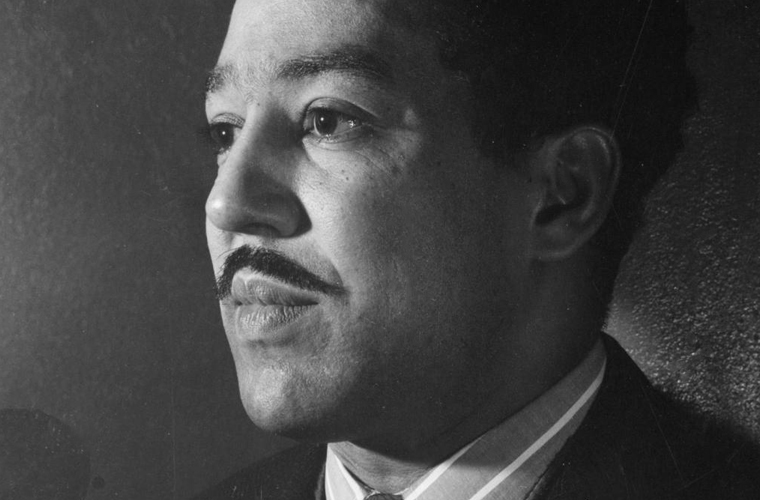Langston Hughes was an influential American poet, social activist, novelist, playwright, and columnist. He was born on February 1, 1902, in Joplin, Missouri, and grew up in Lawrence, Kansas. Hughes played a significant role in the Harlem Renaissance, a cultural movement that spanned the 1920s and 1930s and celebrated the African American experience through literature, music, and art.
Hughes’ writing often focused on the lives of working-class African Americans, portraying their struggles, joys, and resilience. His poetry and prose captured the complexities of racial identity and the ongoing quest for equality and justice. His work reflected the realities of the time, addressing issues such as segregation, discrimination, and the impact of poverty on communities of color. One of Hughes’ most famous poems is “The Negro Speaks of Rivers,” which he wrote at the age of 18 while traveling by train to Mexico to visit his father. The poem reflects on the ancient civilizations of Africa and the Middle East, drawing parallels to the experiences of African Americans throughout history.
In addition to his poetry, Hughes wrote novels, short stories, and plays that explored themes of identity, belonging, and the pursuit of the American Dream. His novel “Not Without Laughter” won the Harmon Gold Medal for Literature in 1930, and his play “Mulatto” was one of the first dramas by an African American to be performed on Broadway. Hughes’ contributions to literature and social activism were recognized with numerous awards and honors, including a Guggenheim Fellowship and an NAACP Spingarn Medal. He used his platform to advocate for civil rights and to challenge stereotypes and misconceptions about African American culture.
Throughout his life, Hughes remained committed to amplifying the voices of marginalized communities and shedding light on the realities of racial injustice. His legacy continues to inspire writers, scholars, and activists to engage in conversations about race, identity, and social change.
Langston Hughes passed away on May 22, 1967, but his impact on American literature and culture endures. His work serves as a testament to the power of art in advocating for social change and fostering understanding across diverse experiences. As we reflect on Hughes’ legacy, we are reminded of the enduring relevance of his words and the enduring importance of amplifying underrepresented voices in our society.


